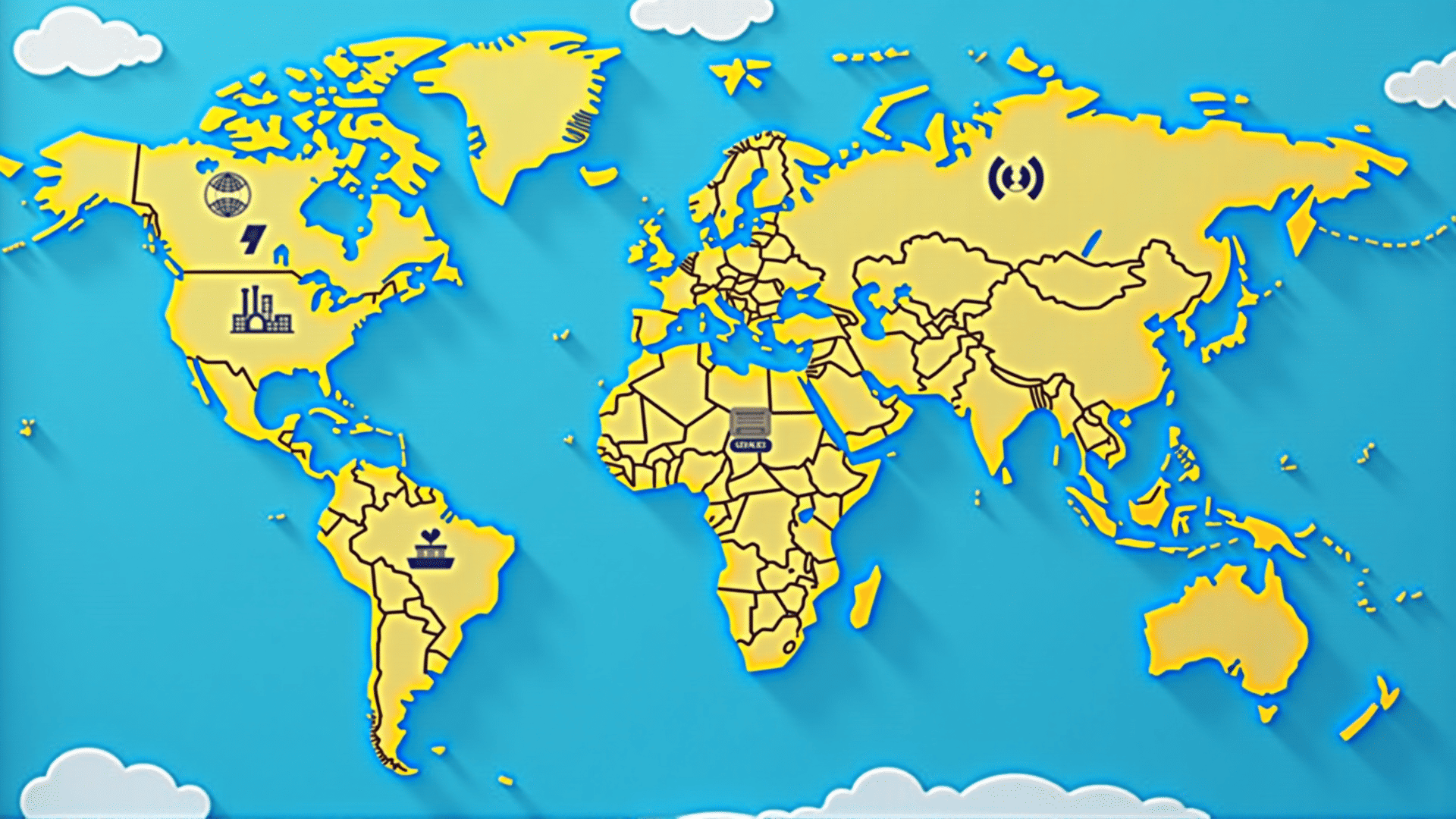Global economic interactions significantly shape Canada's economic landscape by influencing various sectors, from natural resources to manufacturing. Understanding these interactions is crucial for grasping the complex web of international trade and economic relations that impact the country.
One of the primary ways global economic interactions affect Canada is through trade agreements. These agreements facilitate the flow of goods across borders by reducing barriers and establishing guidelines for international commerce. For example, Canada is a member of the United States-Mexico-Canada Agreement (USMCA), which strengthens trade ties within North America and helps maintain a robust economic relationship with its continental partners.
Canada's economy heavily relies on exporting natural resources such as oil, lumber, and minerals. The global market demands these resources, fueling economic growth and supporting numerous industries within the country. For instance, the demand for Canadian oil in various regions across the globe showcases how interconnected Canada's resource sector is with international markets. Fluctuating global demand and prices can have substantial effects on domestic industries, influencing levels of production and employment.
Moreover, global economic interactions influence Canada's manufacturing sector, which relies on the importation of raw materials and finished products. Supply chain dynamics, impacted by international trade policies and global incidents, are pivotal in determining the efficiency and output of Canadian manufacturing. Disruptions in supply chains can lead to delays and increased costs that adversely affect the economy.
Foreign trade relations also enable technological exchange and innovation. Access to international technology hubs allows Canada to integrate advances in technology, enhancing productivity and competitiveness. This exchange bolsters sectors such as information technology, where collaboration can lead to breakthroughs and upgraded infrastructure, making the country a formidable player in the global market.
Furthermore, global economic interactions encourage foreign direct participation by enabling access to international markets and partners. By forging strategic relationships, Canada can attract production facilities and talent from other countries, fostering economic development and diversification. This interplay often results in job creation and skill development, enriching the local workforce.
In conclusion, global economic interactions have deep and multifaceted impacts on Canada by shaping its trade policies, influencing its major industries, and fostering innovation. These interactions require careful navigation to ensure that Canada continues to thrive in an interconnected global economy. Understanding these dynamics is essential for policymakers and stakeholders to make informed decisions that benefit the national economy.
